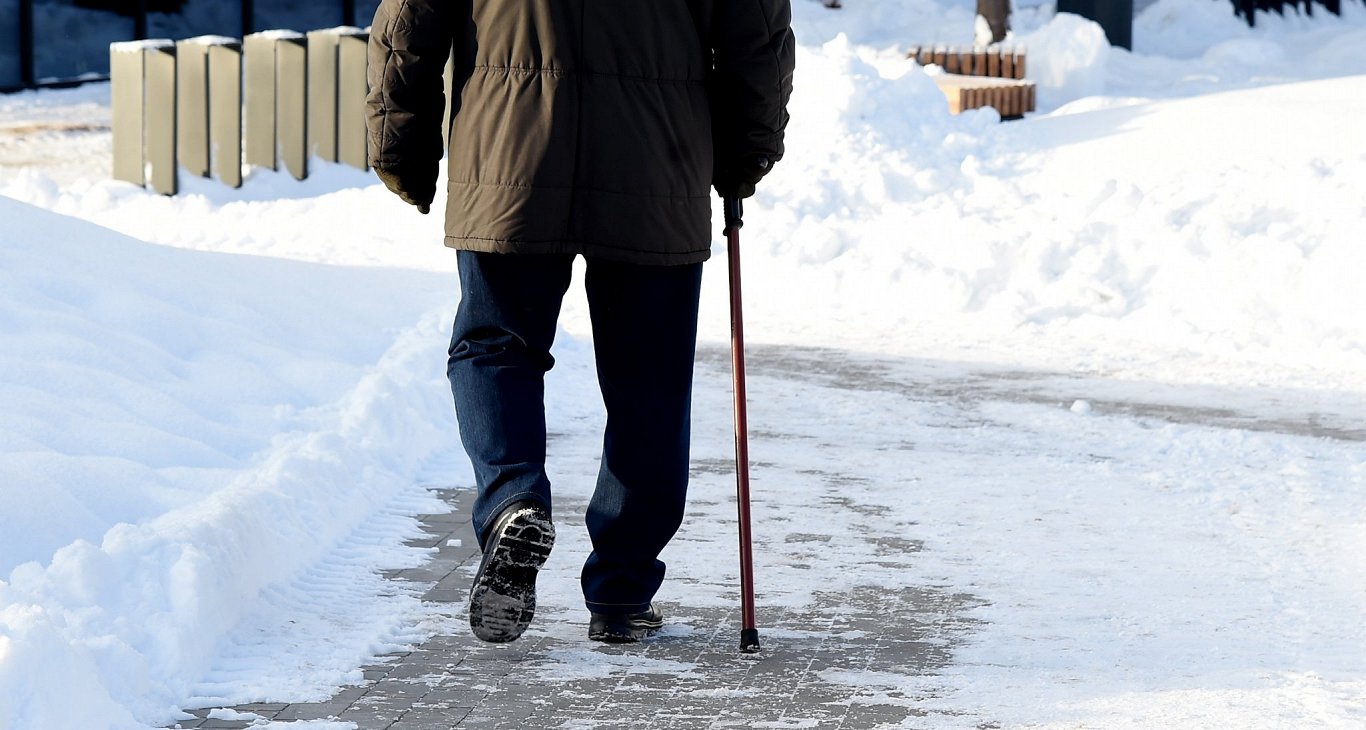Geriatrics is a clinical-medical industry that handles illness diagnostics and care for people older than 65 years.
In two years, retirement age in Latvia will be 65. More than a fifth of the Latvian population are pensioners, but the interest of future doctors in the program of geriatrics is not great.
“There are currently three active residents in the specialty, eight residents have finished in recent years,” said Daina Zepa, head of the Riga Stradiņš University (RSU) Residency Program in Geriatrics.
In order to study geriatrics in residency, one must already have a medical degree. The duration of residency shall be five years. There are usually one or two budget seats in this study program. There have been years when admission has not taken place because post-graduate students have chosen other specialties.
“I would like to say, from the perspective of the student, that it is a less explained, less known sector in studies,” said Elizabete Maija Liepa, head of RSU Student Council.
“With today's marketing capabilities, I think there has been much less talk about geriatrics in recent years than, for example, cardiology or oncology, which are highly known and important industries that are rapidly evolving. And then, of course, geriatrics is long-term care, and prospective doctors tend, especially in the first years of study, and often later, in choosing potential residency studies, to choose more practical and changing sectors such as surgery," she added.
The program head Zepa said that work in the geriatric specialty would certainly be found easily – either in hospitals or in social care centers.
“But this profession is not a piece of cake,” said Daina Zepa.
“Working with elderly people – and especially very, very old people – is pretty hard. We may not see the expected result that we see in other specialties: that the patient's health is improving significantly, [..] The lives of the elderly are with a slow downward curve. At times, geriatrics help keep the curve at a straight level, but if you work in a case where the downward curve goes with falls to the ground in acute situations, then, of course, it's harder,” Zepa said.
Gerontology and geriatric studies should be given greater attention and should be promoted more, because the health of the aging population cannot be less important than birth rates, agreed Jānis Grasbergs, Chairman of the Saeima's Demography, Families and Children's Subcommittee.
“We have to think very much about prevention, because, to achieve high-quality aging, there should be as little disability as possible, we must think about it at the outset. And if we look from an economic context, we need to think very much about how to adapt jobs, the working environment to the elderly, because we have nothing left other than extending our working lives,” said Grasbergs.
Raising the retirement age above 65 is not currently on the agenda of politicians, but maintaining good health for as long as possible is of great importance, said the Member. At the moment, however, this is just the preferred scenario.
In terms of the number of years lived healthily, Latvian residents are far behind other European countries.
“Health levels are very low in Latvia. For example, from our neighboring country, Sweden, which is the closest developed country across the sea, we differ in the number of healthy living years by 20 years,” said Rinalds Muciņš, head of the hospital at Pauls Stradiņš Clinical University Hospital.
“So actually a 50-year-old man [in Latvia] – an age that I will soon reach – is equivalent to a 70-year-old Swede in his state of health,” said Muciņš.
Aging in the so-called health version is possible, meaning that an elderly person has been mostly healthy throughout his life, both through lifestyle and heredity. However, it is significantly less frequent than aging in a non-health version, said Professor Jānis Zaļkalns.
“By aging in a non-health version, the human body shows the very vividly so-called principle of organism unity: if a person ages ill, then he does not have only one illness. And not because doctors wouldn't know symptoms or syndromes to stay, but it's almost like a uranium chain reaction: for some reason, the stability of the body, its balance, is broken. Then it's no wonder the person has five, seven, nine diagnoses,” said Zaļkalns.




























